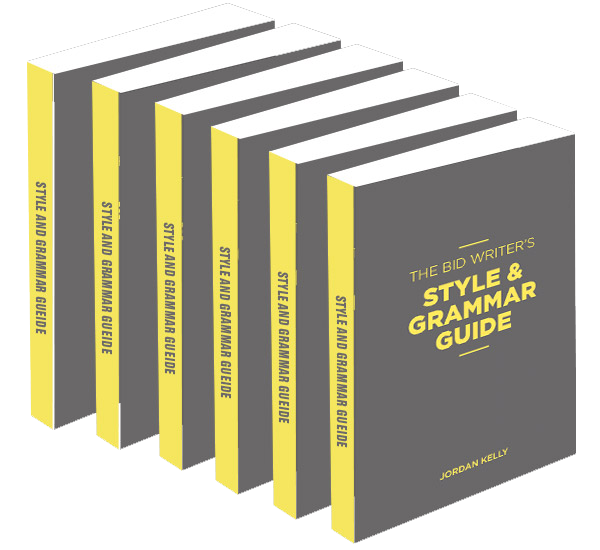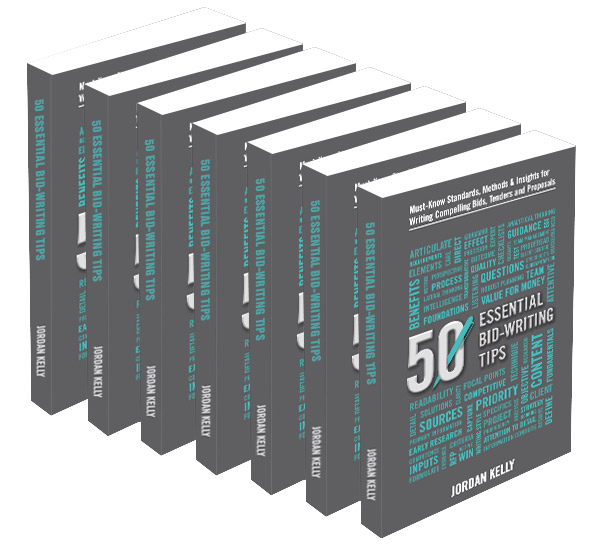CATEGORIES:

If you are to produce an authoritative submission, you must know the precise meaning of every word you use and be sure to use that word correctly.
To a large degree, the credibility of your company rests upon your grammatical diligence.
Here’s a quick list of words that regularly appear in bids, tenders and other forms of proposal . . . and that are also often mis-used in them.
These words have been drawn from the much larger list you will find in ‘The Bid Writer’s Style & Grammar Guide’ (Part 4: Commonly Confused Words), and in my e-book, ‘Faulty Terms’ (which is dedicated specifically to this topic).
Ability / Capacity
Ability is a skill: “He has great ability as a mechanical and electrical engineer.”
Capacity is the potential for something: “His capacity for further learning in this field is limited.”
Adopt / Assume
To adopt is to take as one’s own:
“X Corporation adopted Y Corporation’s safety policies when it made the acquisition.”
Assume means (a) to take on at that moment in time, or (b) to suppose or take for granted:
“He assumed the stance of someone somewhat higher in office.”
“It’s less than ideal, but we’ll have to assume that’s what the client wants at this late stage.”
Alternately / Alternatively
Alternately means by turn: A cyclist presses the pedals alternately to propel the machine.
Alternatively implies a choice: We can travel by air or, alternatively, by sea.
Alternatives are limited to two at a time. There cannot be three, four, or more alternatives.
Collaborate / Corroborate
To collaborate is to work together with towards a common goal:
“When we began to collaborate on this project, all tension dissolved.”
To corroborate is to use evidence to confirm an assumption or assertion:
“They said her account of the incident couldn’t be corroborated with that of the staff, but the truth of the matter is that the staff wouldn’t break ranks.”
Complimentary / Complementary
To compliment is to express a favorable observation; complimentary refers to being forthcoming with praise and compliments:
“To acknowledge the quality of the writing in our submission was a welcome compliment. Thank you.”
To complement , or to be complementary, refers to something which completes or enhances another thing:
“The material the two subject matter experts produced was complementary.”
Comprise / Compose / Constitute
Comprise: The house comprises 10 rooms. (Do not write “is comprised of”. That is incorrect.)
Compose: The party was composed of state managers and their BDMs.
Constitute: Writing skills in themselves do not constitute a total education in strategic bid production.
Discreet / Discrete
Discreet means judicious in speech or conduct, especially with regard to privacy – either one’s own or others’. One can be discreet out of good grace, or for advantage:
“Your colleagues will respect you if you are discreet.”
Discrete means separate, distinct, apart from something else or the rest:
“That part of the factory’s plant performs discretely.”
Effective / Effectual
Something that is effective has generated a result:
“She’s an effective bid manager.”
Something effectual has achieved its purpose:
“The meeting was effectual in bringing about a resolution.”
50 ESSENTIAL BID-WRITING TIPS
Must-Know Standards, Methods & Insights for Writing Compelling Bids, Tenders and Proposals
(Book)
This 220-page, high-quality paperback production features 50 mini-lessons to ensure both your professional writers and your contributing subject matter experts produce client-centric, substance-based submission content.
Available individually or as a 6-pack
(6 for the price of 5).
THE BID WRITER'S STYLE & GRAMMAR GUIDE

(Book)
Your organisation’s credibility hangs on the quality of your writing and the standards it reflects.
Used diligently, this 196-page, high-quality paperback production will ensure the highest degree of grammatical diligence in your submissions, along with a consistent, professional writing style throughout.
Available individually or as a 6-pack
(6 for the price of 5).



